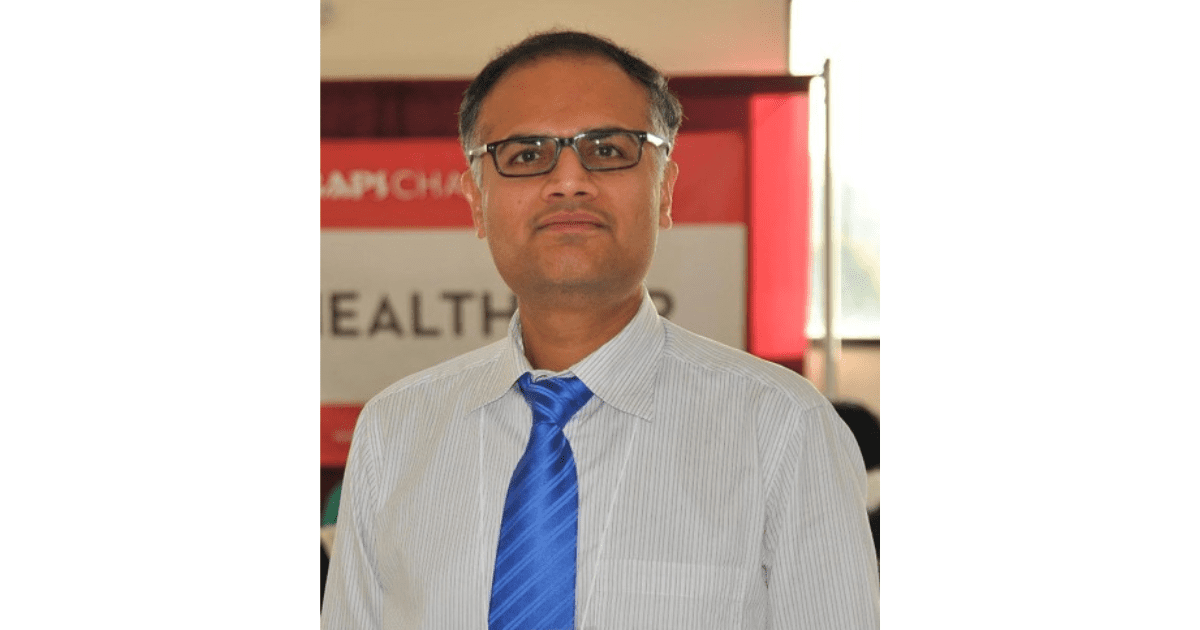As global industries navigate rapid digital shifts, supply chain resilience has emerged as one of the defining challenges of the decade. The convergence of artificial intelligence, analytics, and cloud computing is transforming how organizations forecast demand, manage operations, and respond to disruption. At the centre of this evolution are specialists who merge technical precision with business strategy, professionals like Tejaskumar Vaidya, a leading SAP Solution Architect known for designing next-generation enterprise systems that power global supply networks.
Driving Digital Transformation Across Industries
With more than sixteen years of experience in Enterprise Resource Planning (ERP) solutions, Vaidya has built a career around turning complex, outdated systems into agile digital ecosystems. His expertise spans SAP APO, SAP S/4HANA, SAP IBP, and SAP ECC, and he has played a key role in large-scale implementations across industries including pharmaceuticals, automotive, food and beverage, and medical device manufacturing.
Vaidya’s most recent achievement, a major transformation for a global pharmaceutical company, illustrates the scale and precision of his work. As a senior SAP APO/S/4 HANA Consultant, he led the transition from legacy systems across multiple global sites. This included building custom features for scenario-based supply network planning with reference to constrained and unconstrained simulations, long-term strategic planning through heuristics and MRP, and capacity planning through Capable-to-Match (CTM) in APO. The result was a measurable leap in efficiency: a 100% increase in resource utilization and labour pools, a 35% reduction in safety stock and significant improvements in on- hand inventory costs, leading to an overall 30% decrease in operating costs.
“These projects are about much more than upgrading technology,” said Vaidya. “They redefine how organizations think, plan, and collaborate. When digital transformation aligns with real business needs, it delivers meaningful and lasting impact.”
The project also standardized planning processes globally and introduced end-to-end transparency using BI, BW, and Power BI integrations, setting a new benchmark for data-driven supply chain operations.
Thought Leadership and Industry Contribution
Beyond project delivery, Vaidya’s influence extends across research, professional forums, and innovation programs that shape the global supply chain community. He has authored several technical papers on ERP transformation and supply chain optimization, many of which are cited in scholarly and industry research and available through his Google Scholar profile.
He is also an active member of organizations such as IEEE, ASCM, ACM, IAENG, SAPICS, ASQ, and SAP Insider, where he contributes to building frameworks that help organizations assess and enhance their operational maturity. His peer involvement includes reviewing projects for MIT’s Solve Global Challenge 2025, serving on selection panels for the YLAI Fellowship Program and the Claro Awards, andserving as a peer reviewer for prestigious journals underElsevier Publications and for Microsoft CMT for technology conferences hosted globally. These roles highlight his commitment to advancing innovation and identifying scalable technology solutions for global challenges.
“Collaboration between academia, industry, and technology professionals is what drives real progress,” Vaidya noted. “When knowledge is shared across these ecosystems, we accelerate transformation that benefits both businesses and communities.” Vaidya added.
Adapting to the Future of Supply Chain Resilience
The past few years have redefined the global logistics landscape. From the COVID-19 pandemic to geopolitical tensions, companies have had to rebuild supply chain agility and responsiveness. Vaidya’s work focuses on embedding adaptability into ERP systems through technologies such as digital twins, AI-based forecasting, and scenario planning tools to build robust and agile supply chains. His recent publications, Digital Twin-Driven Production Planning in SAP S/4HANA: A Case for Predictive and Adaptive Supply Chains and Enhancing Supply Chain Resilience through SAP APO and S/4HANA Integrated Planning Frameworks, explore how predictive modelling and integrated ERP frameworks can help organizations maintain continuity amid uncertainty.
Looking ahead, Vaidya identifies five strategic priorities for modern enterprises: investing in digital analytics, diversifying supplier networks, strengthening end-to-end visibility, improving cross-functional collaboration, and advancing scenario-based planning capabilities. Together, these strategies form the foundation of supply chains that can not only withstand disruption but also leverage it for strategic advantage.
“Intelligent, connected, and adaptive supply chains will define the next era of competitiveness,” said Vaidya. “Organizations that combine digital intelligence with agility will lead the transformation of global industries.”
From his consulting achievements to his thought leadership, Tejaskumar Vaidya continues to shape the way enterprises approach digital transformation. His vision reflects a growing recognition that technology, when applied thoughtfully, can turn supply chains into engines of innovation, efficiency, and sustainability.





























